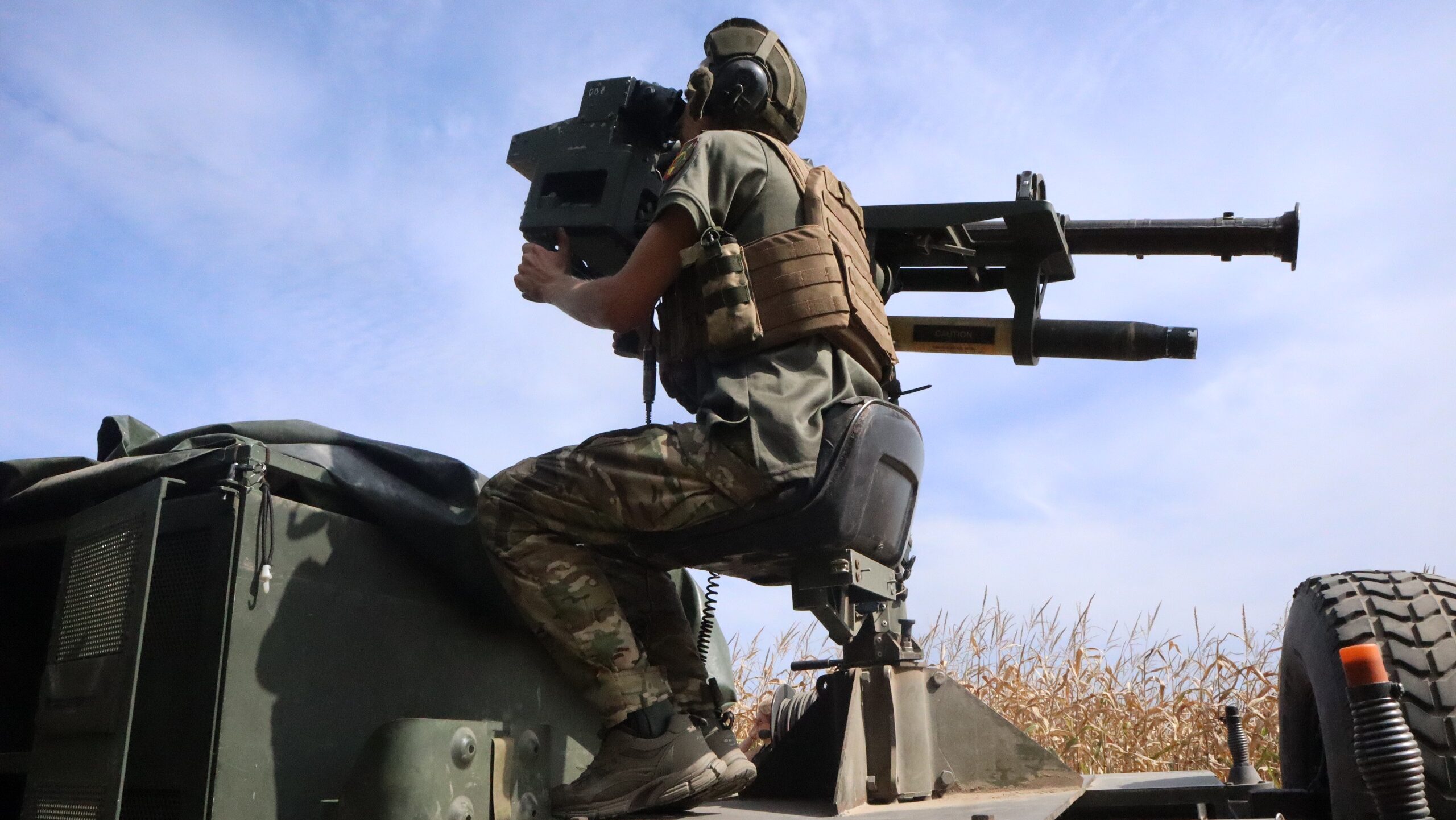Israel Faces Drone Warfare Threat, Rejects Ukrainian Interception Expertise
A drone strike last night on an Israeli army base near Binyamina killed four Israeli soldiers and injured more than 60, marking a serious escalation in Israel’s conflict with Iranian-backed groups. Emergency services initially reported 39 injuries, but the full scope of the casualties has since come to light. The attack, Keren Setton reports, is part of a broader wave of drone strikes launched by Hezbollah and other Iranian proxies, who are using unmanned aerial vehicles (UAVs) to test Israel’s sophisticated defense systems.
Brig. Gen. (ret.) Zvika Haimovich has called this “the world’s first drone war,” highlighting the difficulty of intercepting the increasing number of UAVs launched from neighboring countries. Hezbollah alone is believed to have launched more than 1,500 drones toward Israel recently, placing immense pressure on the country’s air defense systems, which include Iron Dome batteries, F-35 fighter jets, and advanced radar technologies. Despite these capabilities, the sheer volume and evolving tactics of drone attacks present a serious challenge.
Give the gift of hope
We practice what we preach:
accurate, fearless journalism. But we can't do it alone.
- On the ground in Gaza, Syria, Israel, Egypt, Pakistan, and more
- Our program trained more than 100 journalists
- Calling out fake news and reporting real facts
- On the ground in Gaza, Syria, Israel, Egypt, Pakistan, and more
- Our program trained more than 100 journalists
- Calling out fake news and reporting real facts
Join us.
Support The Media Line. Save democracy.


Israel’s ongoing struggle with drone warfare has drawn comparisons to Ukraine’s conflict with Russia, where drones have also played a central role. Since the beginning of Russia’s invasion, Ukraine has faced relentless drone assaults but has developed innovative methods to intercept them. Despite Ukraine’s expertise, Israel has declined offers of Ukrainian know-how. According to Israeli media, the country prefers to rely on its own advanced technology and defense systems, such as the newly developed Iron Beam, a laser-based system designed to intercept UAVs more efficiently.
Dr. Yehoshua Kalisky, a senior researcher at the Institute for National Security Studies, pointed out that Israel’s small geographic size means there is little margin for error in intercepting drones, making defense more challenging. Ukrainian sources have claimed that their acoustic sensor systems, which detect the distinct humming of drones, could enhance Israel’s defenses, but for now, Israel appears to favor its own systems.
As Setton explains, Israel continues to innovate and refine its strategies in response to this growing threat, balancing new technologies with the experience gained from a year of drone warfare.

